Are superfoods really the way to have the perfectly balanced diet, or is it a marketing term used to sell more products?
Superfoods have been sold to us as being nutrient-rich foods that are labelled as being extremely beneficial for health and overall wellbeing.
They are said to be low calorie and have high volumes of vitamins, minerals and antioxidants that help to detox the body and prevent conditions like coronary heart disease.
Superfood examples include blueberries, bananas, fish, yogurt, whole grains, leafy greens and nuts.
Despite many of these items possessing their own nutritional benefits, can they really be a super version of food?
When did superfoods begin?
The term superfood originated in 1918 during World War One when the USA started to import large amounts of bananas.
Bananas were praised for their versatility, ease of digestion and natural packaging, and thus were marketed as a superfood.
To this day bananas are seen as a staple in children’s and adult’s diets and are a trusted way of getting potassium and vitamins B6 and C.
However, to put this into perspective, bananas only contain around 450mg of potassium and the average human according to the NHS needs 3,500mg of potassium per day.
That would mean you would need to eat seven bananas a day just to get your daily potassium.
On the other hand, according to the NHS, eating a balanced diet with foods such as dairy foods, fish, poultry and oats would give you the required amount of potassium you need without all the extra bananas.
Superfoods in the health industry
What makes the idea of superfoods more confusing is that experts in the health field, including dietitians and nutritional scientists, will never use the term superfood.
The reason for this is that having superfoods on top of a poor diet will not give you the effects of preventing various diseases.
Instead it is recommended to try and keep a balanced diet and incorporate these types of foods into your diet to assist in your general bodily functions and health.
Superfoods are a marketing trick
In many cases the food industry will create terms like superfood to try and sell more products that are in surplus.
Once these ideas are implemented, much like people’s thoughts on bananas, they are difficult to remove and ensure a product has a consumer no matter the economic climate.
My advice would be to not always believe the trending words used around food and drink, and ensure you aren’t letting marketing strategies dictate your own food behaviour.
Mariam Okhai is a food and drink journalist who also researches food behaviour.
She has a Masters in Behavioural Science for Management from the University of Stirling. Her undergraduate degree was in Psychology and Business Economics with Marketing.
She is also a certified habit coach.
You can find out more about her research on her Behavioural Foodie website.
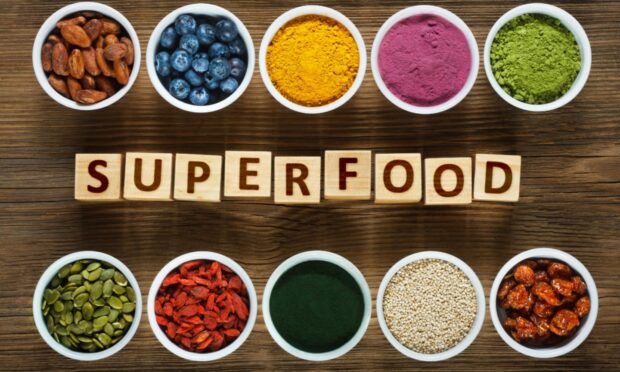
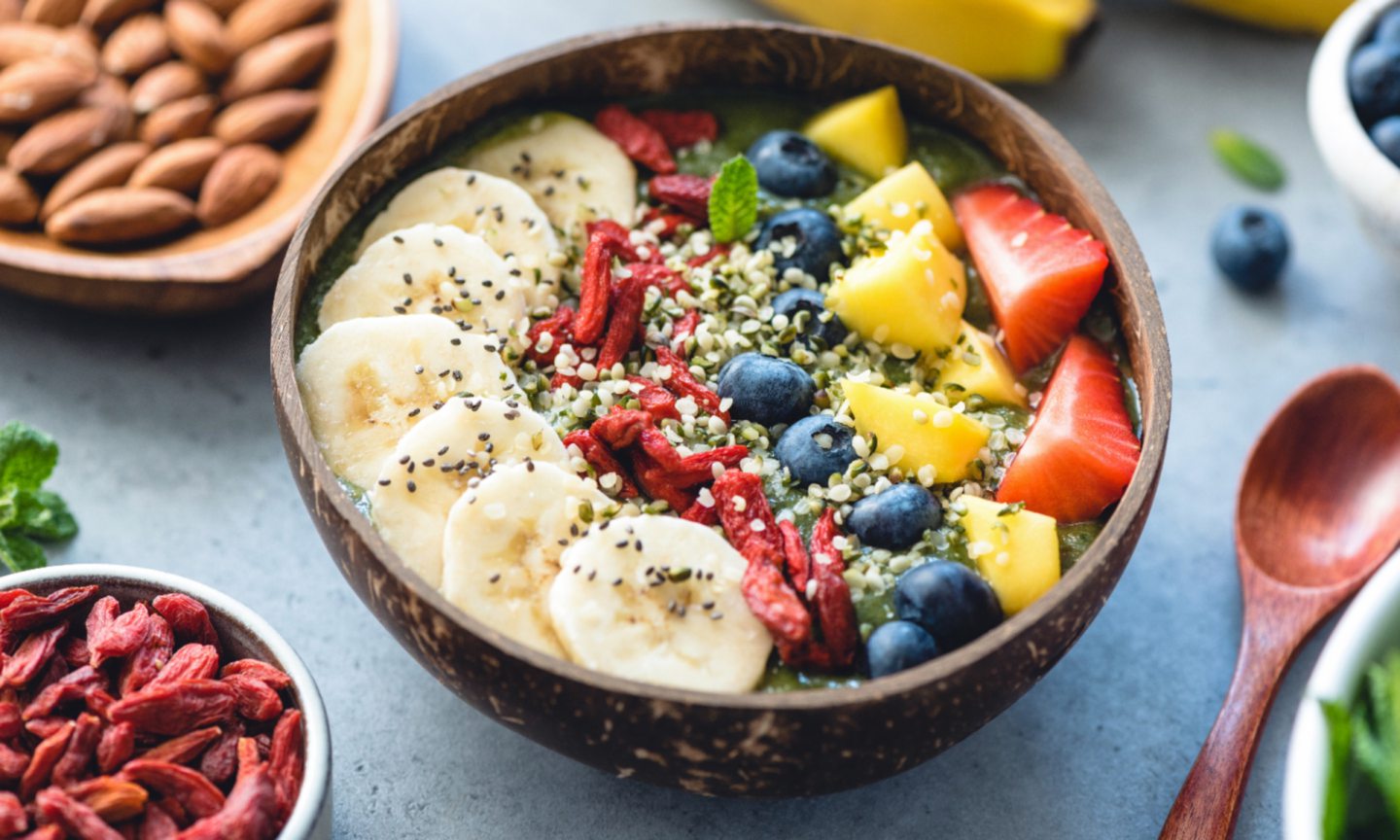
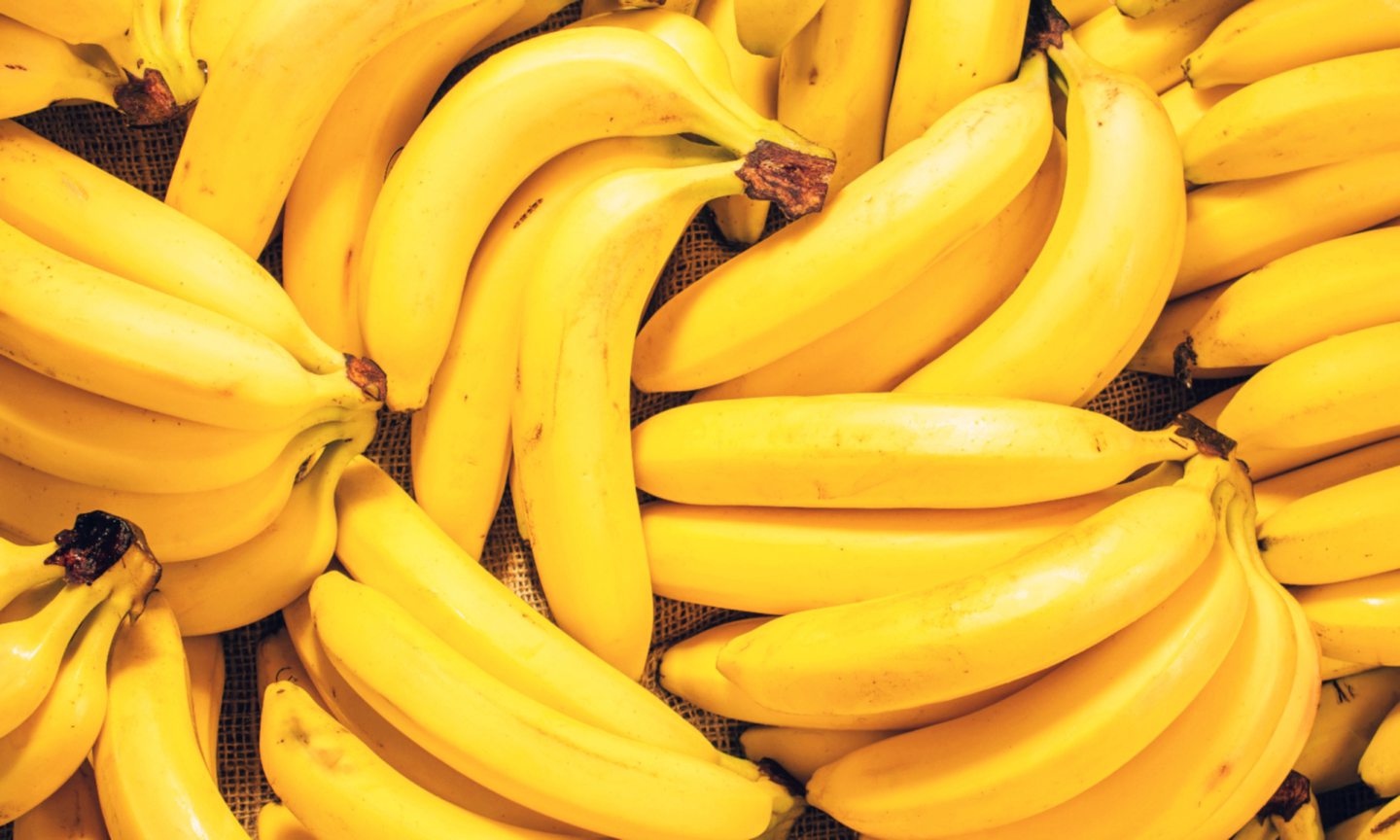
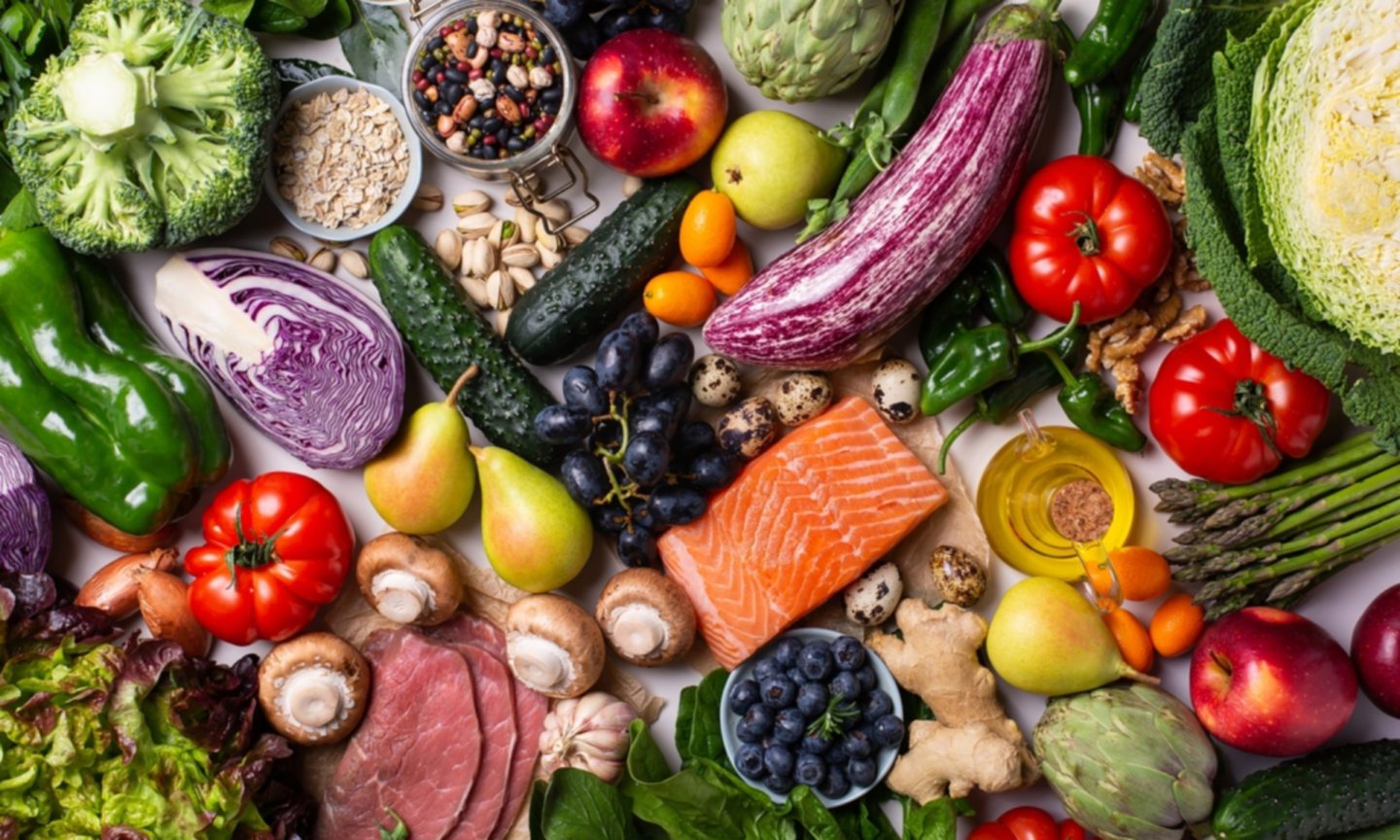


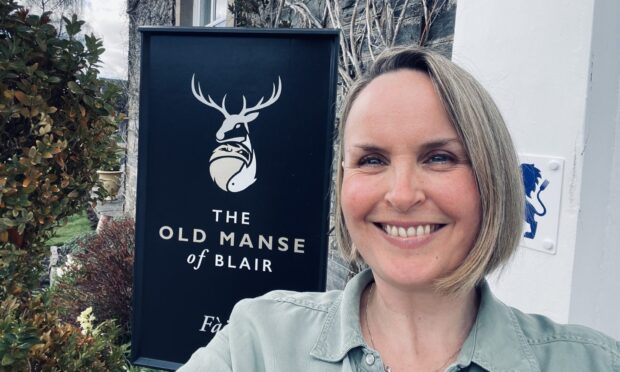

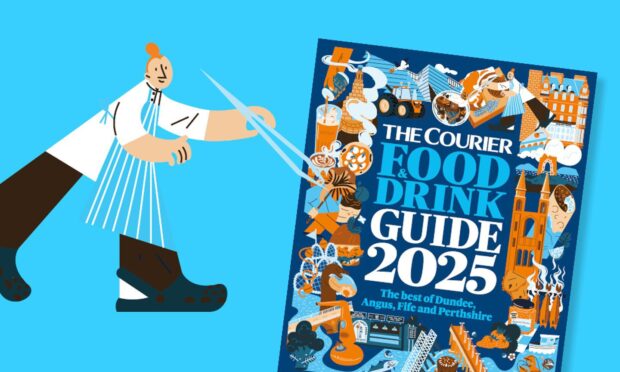

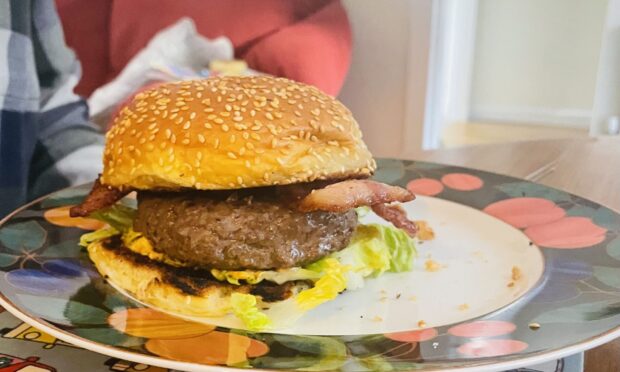
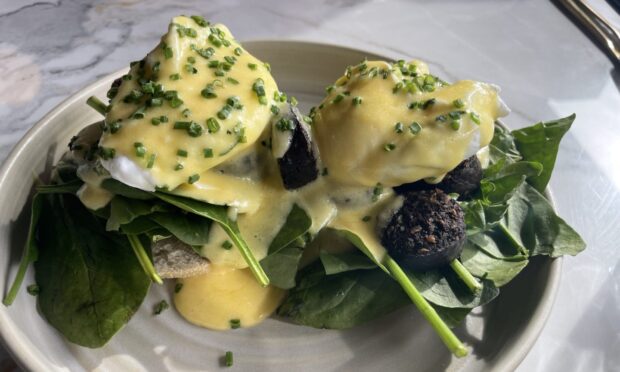
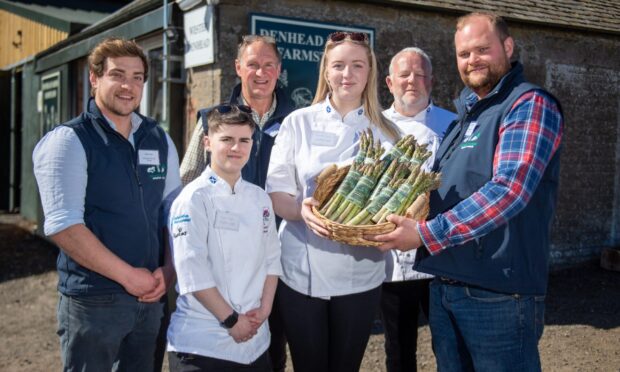
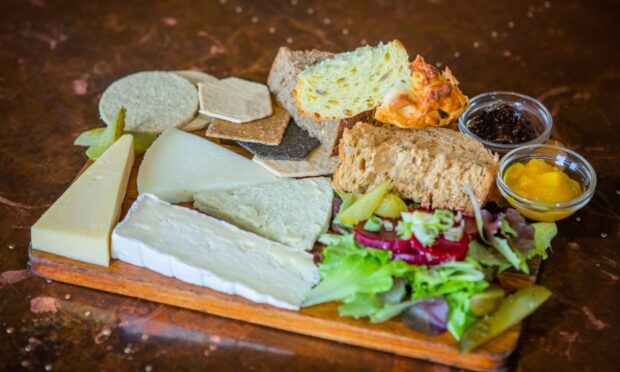

Conversation